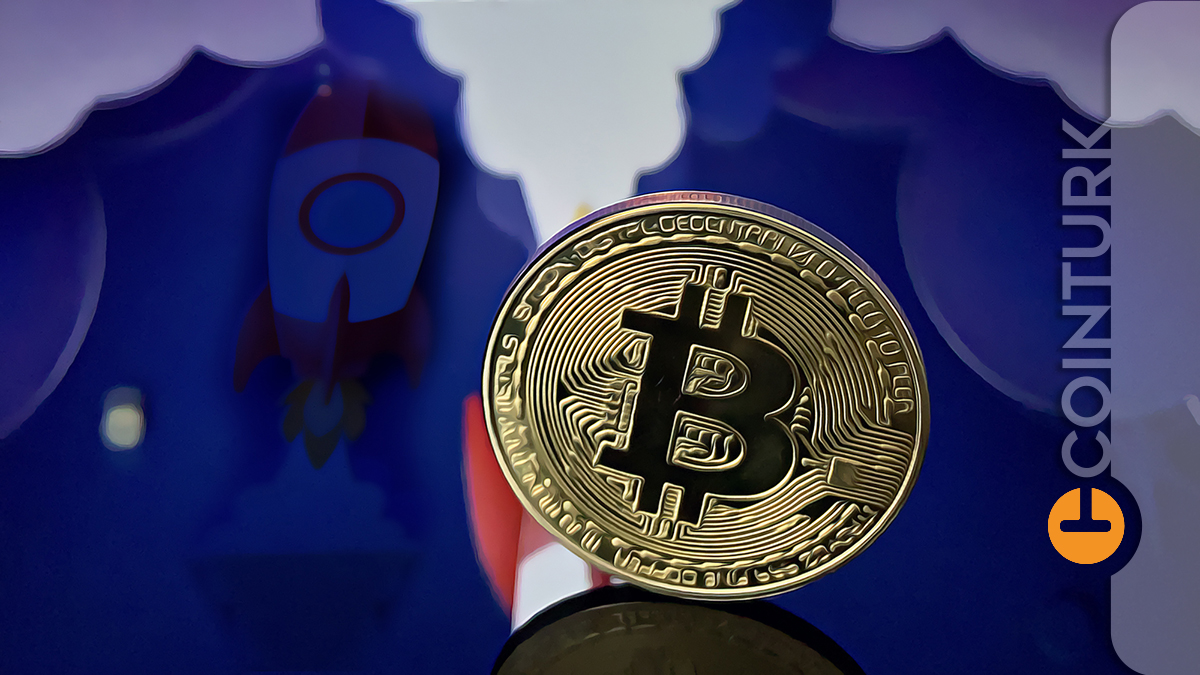If Japan goes bankrupt, the world will tremble
The 3rd largest economy in terms of GDP is on the brink of bankruptcy with a colossal debt (274%) and a freely falling currency. If the trend continues, the problems will be terrible for the entire world.
The Yen in Free Fall
The Japanese currency is not yet in free fall, but it could well be heading that way. The yen has been weakening since 2021, but the decline has accelerated last month.
The Japanese are naturally very upset by this situation, and rightly so. Japan is one of the most import-dependent countries in the world, as it imports more than 90% of its energy and over 60% of its food. The weakening of the yen is making the Japanese suddenly feel poorer, as their electricity bills are rising.
A Few Economic Reminders
Let’s remember that a “weak” exchange rate is not always a bad thing. A cheaper currency makes a country’s exports more affordable, meaning it can sell more abroad.
In fact, the perpetual “strength” of the US dollar, stemming from its status as the world’s primary reserve currency, is one of the main reasons why US manufacturing and exports have suffered over the years. That’s why, 20 years ago, Japan intervened to keep the yen at a low level.
In fact, Japan may hope to benefit from the yen’s weakness to reestablish its position in the global supply chains of electronics and automobiles.
But there’s a limit to the help a weak currency can provide to a country. If the yen weakens to the point that the country can no longer pay for its food and fuel, it will quickly plunge into great poverty, despite cheap exports.
This is what happens to emerging markets undergoing currency crises.
And Japan is not an emerging market: it’s one of the world’s largest economies. A collapse of the Japanese economy would not only impoverish the Japanese people; it would shake one of the pillars of the global economy, causing negative repercussions on the Western financial system and significant headaches for Western companies.
The sudden weakness of Japan would also alter the geopolitical balance of power in Asia, which could bring us closer to a major war.
Why Does the Yen Become So Weak?
The first question to ask is why the yen is becoming so weak. To help us understand why, let’s recall how exchange rates work.
When a country floats its currency, as Japan does, the currency’s value on the foreign exchange market is determined by supply and demand. In Japan’s case, the supply of yen doesn’t change much, so we’re witnessing a decrease in demand.
Why would people want yen? There are two things one can buy with yen: Japanese products and Japanese assets (mainly bonds).
Therefore, when demand for yen suddenly drops, it’s either because people want to buy fewer Japanese products or fewer Japanese bonds.
There hasn’t been an apparent collapse in the demand for Japanese goods and services; thus, we are witnessing a drop in the demand for Japanese bonds. In other words, people are selling Japanese bonds and taking their money out of the country.
Why are they doing that? There’s an obvious reason: They can get a better rate of return elsewhere.
Currently, Japanese interest rates (i.e., the rate on short-term government bonds) are very, very much lower than those in other rich countries.
The Land of Zero Interest Rates
Japan’s nominal interest rate has been close to zero since the mid-1990s, whereas other countries have often had higher nominal rates. But because Japan has experienced deflation while other countries have seen positive inflation, real interest rates have been quite similar.
Things have changed recently. Japan started experiencing an inflation surge from 2021, like other countries (although it was less severe in Japan). But while other countries reacted with aggressive rate hikes, Japan has kept its rates extremely low, proceeding to only a single small rate hike very recently.
This is perhaps because deflation has been harmful to Japan’s economy over recent decades, and thus the Bank of Japan has not seen an inflation rate of 3% as a frightening prospect.
So, real interest rates in other countries have remained unchanged or risen, whereas those in Japan have decreased, so that Japan’s real rate is now lower than those of other rich countries.
Will the Bank of Japan Raise Rates?
The next key question is this: why doesn’t the Bank of Japan just raise interest rates and prevent the currency from depreciating further by attracting investors to Japan?
If real rates are what matter, the Bank of Japan wouldn’t need to raise interest rates by much to align Japan with other countries – maybe only about 2% or so.
The obvious reason for this reluctance – and perhaps the only explanation we need – is that the BOJ still fears a recession more than a monetary crisis.
An increase in interest rates would likely hurt Japan’s economy. The country has had nearly zero inflation for decades, despite zero interest rates, which indicates a chronic and structural shortfall in aggregate demand – a “secular stagnation,” as macroeconomists would call it.
Ultimately, it’s this secular stagnation – whose causes are unclear but are probably related to the shrinking population and slow productivity growth – that underlies all the difficult trade-offs in Japan’s macroeconomic policy.
In such an environment, a rate hike, even slightly above zero, might really hurt the economy. Moreover, a slowdown in the economy would reduce the demand for Japanese assets even further, which would make the currency problem that much more challenging to solve.
It is, therefore, understandable that the Bank of Japan is a bit scared to take this risk because of the yen’s weakness. It might take the currency becoming much cheaper to force the Bank of Japan to move away from the low rate logic it’s been in since the late ’90s.
The Real Reason Behind This Crisis
But some have suggested another possible reason why the Bank of Japan isn’t raising its rates, and this reason would be much more disturbing.
Japan has a very large public debt. Officially, it’s more than 261% of Japan’s GDP, which is by far the highest rate in the world. In reality, the figures are less dire: almost half of this debt is held by the Bank of Japan.
This debt doesn’t matter much, because when the government pays interest to the Bank of Japan, the latter gives the money back. Nevertheless, the Japanese government still pays interest on debt representing over 130% of GDP, which is exceptionally high.
What really matters is the amount of debt relative to Japan’s capacity to tax its economy. When interest rates go up, the government has to pay higher interest charges. When the debt exceeds 130% of GDP, it’s a hefty budgetary burden. If Japan cannot increase taxes to cover these costs, it’ll have to borrow even more just to keep paying interest – and if that happens, things can spiral very fast.
Why couldn’t Japan just increase taxes to cover the higher interest costs? Higher taxes, like higher interest rates, harm aggregate demand and impact the real economy.
Toward an Austerity Policy?
The other solution, of course, would be for Japan to cut public spending. In fact, many budget items, like support for struggling businesses, could be scaled back.
Like tax hikes, this move would harm aggregate demand and slow down the economy, even though it probably wouldn’t have the same negative effects on supply.
But if you look at Japan’s budget, you’ll see that cutting stimulus programs won’t be enough; the country will probably also have to reduce benefits for the elderly. And that is extremely toxic politically.
So, Japan may find itself in a political situation where the BOJ fears rate hikes because the national debt is too high.
This is known as “fiscal dominance,” because it means that fiscal considerations dominate the central bank’s thinking about monetary policy. It’s worth noting that fiscal dominance represents a real downside of public debt that many socialists tend to overlook.
Is Japan on the Verge of Bankruptcy?
If Japan really is in a situation of fiscal dominance, it is in very big trouble. As long as interest rates remain high globally and low in Japan, the yen will continue to weaken until the cost of importing food and fuel reaches crisis levels.
What can Japan still do about the yen’s weakness? In the short term, Japan can intervene to support the currency. The Bank of Japan has more than a trillion dollars in foreign exchange reserves it can sell to buy yen and support its value.
This will work for some time, but if the fundamental drivers of currency depreciation aren’t addressed, it will only delay the day of reckoning.
This raises the question of what else Japan could do to stabilize its currency. Unfortunately, if foreign exchange reserves begin to dwindle and rate hikes are off the table, there remains only one option: capital controls.
Toward Chinese-style Capital Controls?
Capital controls mean that Japan would forbid people from taking their money out of the country, beyond a certain threshold.
Countries often turn to capital controls to try to stem currency crises: China resorted to it in 2015 when its stock market crashed and money fled the country, and Russia resorted to it after 2014 when the sanctions began to bite.
Japan has not had capital controls since the 1970s, and it would be quite a significant move to reimpose them. But if rate hikes are not on the table, it might be the only viable policy to prevent a stoppage of food and fuel imports.
The biggest problem is that capital controls are very hard to enforce, especially if there’s no preexisting control regime (as was the case in China).
People tend to find ways to get money out of a country when they really want to. It takes governments a lot of time and effort to plug all the holes.
But Japan might soon face this unpleasant choice. If the money doesn’t soon stop flowing out of the country, its leaders will have to decide whether to trigger a recession through rate hikes and austerity measures, or they’ll have to take the radical step of temporarily forbidding people from selling their yen. Could the Japanese then turn to bitcoin to protect their capital?





